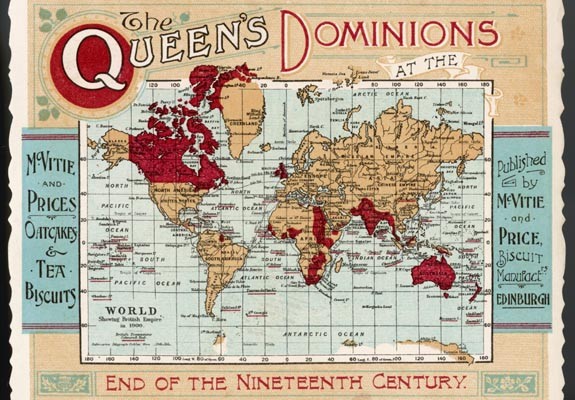‘People have the right to be bigots you know’. I spent hours trying to decode that statement. ‘People have the right to be bigots you know’. It took that long to realise there wasn’t much to decode: in less than ten words, George Brandis has summed up the Coalition’s only principle – the commitment to protecting its own.
Tony Abbott explains further: ‘All of us deplore racism… but we are also a people who can engage in very robust free speech without fear of prosecution.’ Parse the strange contradiction – you can’t claim to deplore racism while planning to dismantle protections from it – and acknowledge the unstated political claim. The Prime Minister isn’t arguing for freedom of speech, but freedom from consequences.
The political Right holds the right to racism as sacred. It underpins their ideologies and they build electoral strategies off of it. On that view, it’s tempting to think the planned amendment to the Racial Discrimination Act is the product of a cruel political class. Politicians can harness our hopes and exploit our fears. The Coalition seems capable of only the latter. After all, Abbott is the same Prime Minister who compared stopping the boats to wartime policy.
But the Abbott government is a product of its electorate. In a recent survey immigrants were asked what they most like about Australia, barely 3 percent describe Australians as caring, friendly and hospitable. When asked what they least like about Australia, 17 percent selected racism and discrimination. It’s tempting to think that the amendment to the Racial Discrimination Act is not the product of a cruel political class, but a sop to a cruel country.
If only it were so simple.
The hysteria over the ‘right’ to discriminate – as if rights against racial and ethnic minorities were inherent rather than conferred – isn’t peculiar to Australia. It’s part of a climate of fear that grips the Anglosphere. In every Anglo-country – Australia, Canada, New Zealand, the United Kingdom and the United States – race and rights have become a proxy debate for increasing uncertainty.
For more than two centuries the Anglosphere has ruled the world. At its height in the nineteenth century the British Empire included one fifth of the world’s population and almost one quarter of its landmass. The cycles of empire didn’t spare Britain, yet with British decline came American hegemony.
Even with the decline of the British Empire, Britain and its white settler colonies enjoyed the common benefits of American hegemony: the dominance of the English language, Anglo-American institutions, Anglo-American mercantile culture and Anglo-American diplomatic and military might.
But many now feel that the Anglosphere’s privileged position is under threat and they take aim at strange targets. In the United States Republicans deride ‘wetbacks’ at the border and ‘thugs‘ in the White House. The language of exclusion is evident in American public life while the machinery of exclusion – like ‘the greatest mass deportation in American history‘ – continues apace. Many Americans feel, as Gary Younge reveals, under ‘ideological, demographic and cultural siege’.
The actual and unstated political claim in the hysteria over immigrants and blacks in the White House is Anglo-American decline. In 2013 the Census Bureau revealed that white deaths outnumbered white births for the first time, while the Chinese economy is predicted to overtake the American economy in 2028. These debates over race (for example, Obama) and rights (for example, immigration) have become a proxy debate for Anglo-American decline. The Anglosphere isn’t certain of its demographic dominance within its borders or its economic dominance beyond its borders. Politicians channel that uncertainty against the ‘other’.
The planned amendments to the Racial Discrimination Act – and even Australia’s fear of ‘the boats’ – are part of this culture of uncertainty. Section 18C is a proxy debate for the increasing uncertainty about Australia’s position in a rapidly changing region and world.
The Anglo-Australian identity has been preserved in public policy before (the White Australia Policy) and its remains are entrenched in the public consciousness (think of Alan Jones and his explicit invocation of ‘Anglo-Saxon’ identity during the Cronulla riots). But how does Australia preserve Anglo-Australian economic power today when it’s increasingly reliant on Asian markets for local prosperity? How does Australia preserve Anglo-Australian diplomatic dominance in the region when power relations with Indonesia are becoming more equal? How does Australia preserve the Anglo-Australian identity when in the decade to 2013 immigration increased 28 percent?
The cynical political class would have Australians channel their uncertainty against racial and ethnic minorities. Instead, Australians would be better directing their uncertainty against cynical politicians who would turn uncertainty to fear.






